

Lost village of Nepalis in Thailand
Source: https://www.nepalitimes.com/from-the-nepali-press/lost-village-of-nepalis-in-thailand/ Ramesh Khadka in Thailand
June 17, 2018
Forgotten by the world, a Nepali village on the Thai-Burma border clings to its heritage
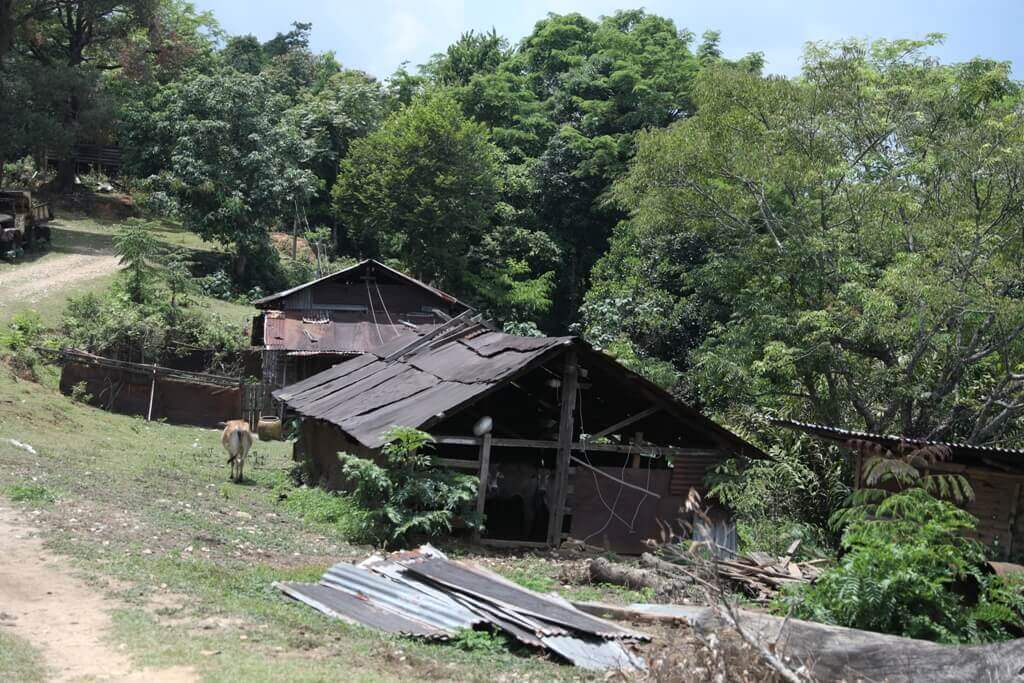
Nepali village in Pilok today
There is a village in Thailand, created and settled by the Nepalis after the end of World War II, that neither the Nepali nor Thai governments knew existed till recently.
The tiny, isolated village of Pilok is situated amidst the thick forested hills along the Burma border 261km west from Bangkok near where the legendary River Kwai railway prisoner-of-war camp was once located. Pilok is near the border town of Kanchanaburi, and the scenic mountains must have reminded the early Nepalis who settled here of home.
The Nepalis were serving with the British Army in Burma, and settled here with their families after 1945 to work in the tin mines. And some of them are still there – forgotten by the world.
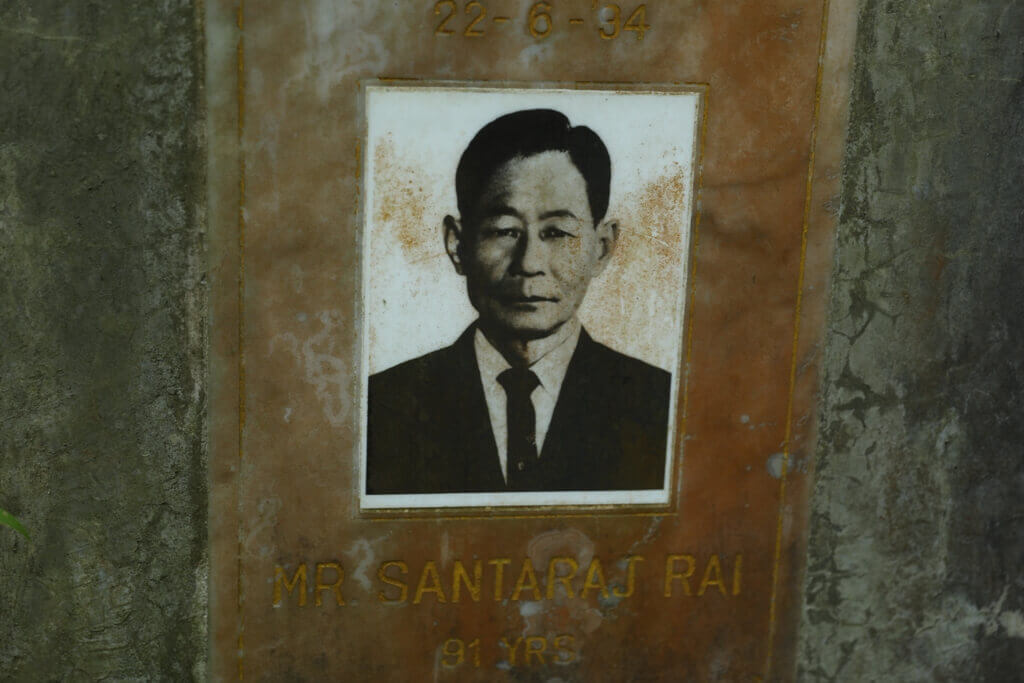
Santa Raj Rai
Santa Raj Rai was born in Nepal, but he moved to Burma. He had a reputation for being an experienced miner. Legend has it he could detect tin and other underground minerals just by smelling the earth. Rai was certain the jungles were rich in ore and settled down here. Once the word spread, the Thai government sent officials to look for Pilok, and asked Rai to work for the state.
As the mines grew, Pilok attracted more families from Burma and it became a proper Nepali town. But in the 1980's, the mines ran out of ore and closed down one by one. The Nepalis gradually left, the jungles were cleared, but there are still some who remain, clinging to what remains of Pilok.
Most Nepalis moved to Bangkok and the tourist resort towns in Thailand in search of jobs, but because they did not have legal papers, they were treated as outsiders. Many opened tailoring shops, while the women worked as housemaids in Bangkok.
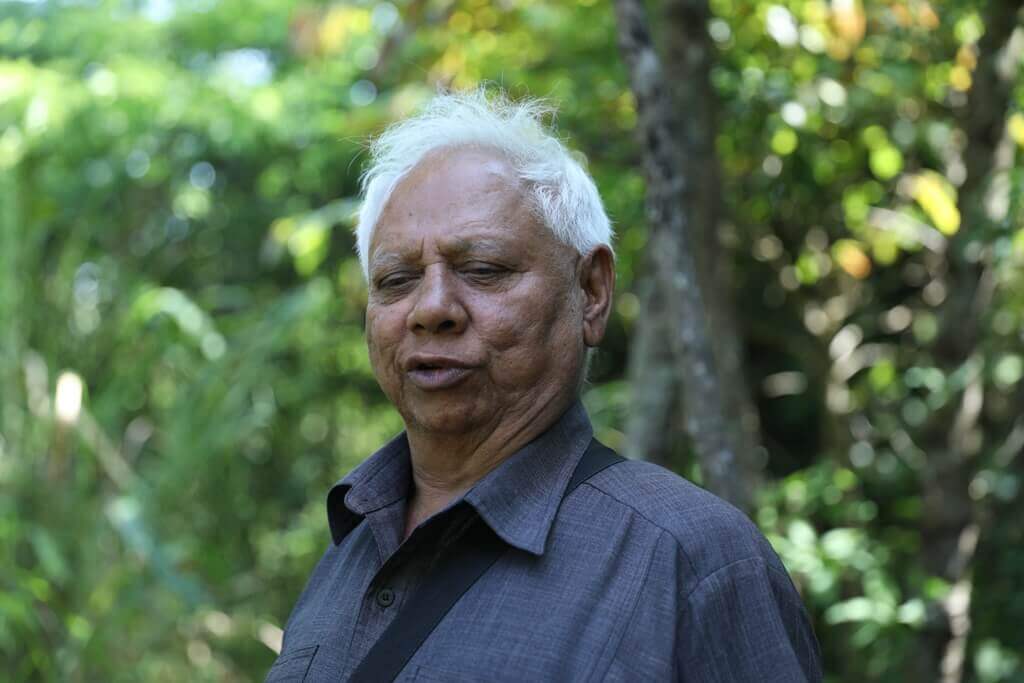
Maila Acharya
Maila Acharya (68) left Pilok in 1984 and moved to Bangkok, and remembers having to evade detection by police. He finally reached the city, but while attending a Nepali puja he and others were all caught in a raid by immigration officials and detained.
It was only after this incident that the Thai government became aware of the Nepali settlement in Pilok, and of their unique history with Thailand. The Nepal Embassy in Bangkok also got involved and helped the Nepalis get proper documents.
The past chairman of the Thai Nepali Association, Rituraj Pandey says that Thai Nepalis have a deep rooted attachment with Pilok, and that their lives are still deeply connected to their first settlement in Thailand.
In 1985, Nepalis here took advantage of King Birendra's visit to take up the matter with Thailand’s revered late King Bhumibol. The king helped, and the Nepalis got their legal papers. Most descendants of the Pilok Nepalis today have Thai citizenship, but they still consider themselves Nepali.
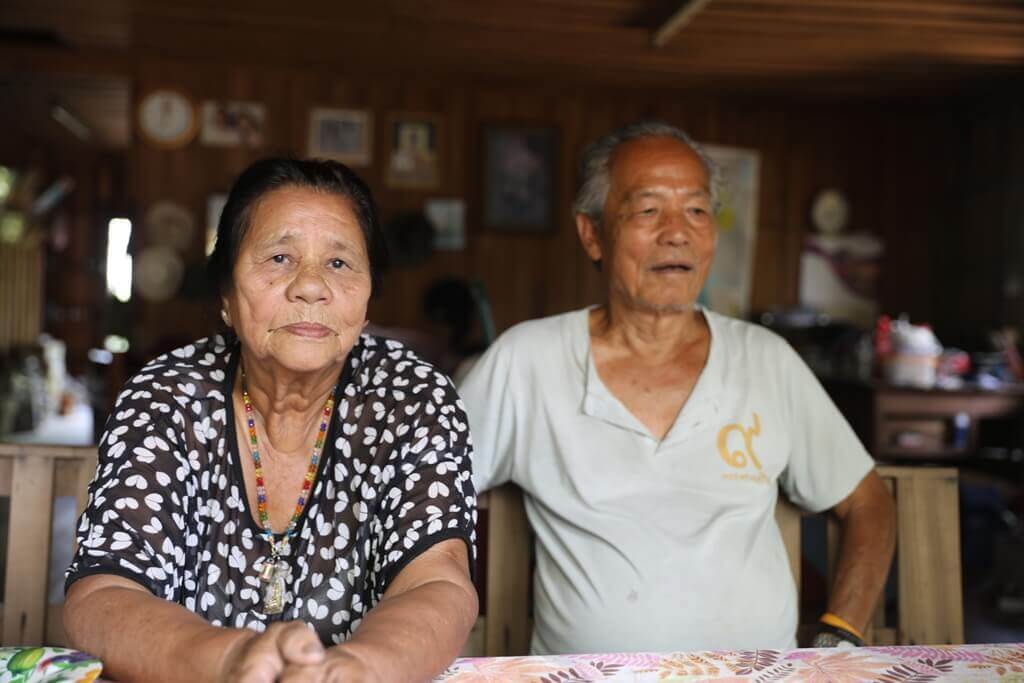
Kaili Rana
Kaili Rana is now 75 but was born in Pilok Number 1, and still lives there. The village was organised into neighbourhoods known by numbers from 1 to 12. “It used to be mini Nepal,” Rana remembers. “We celebrated Dasain, Tij, and Sankranti and the Nepalis would all get together to enjoy the festivals. Today they have all gone, it is all forgotten, and I cry remembering the old days.”
Kancha Rana, 62, moved to Bangkok, but has now returned to Pilok "My heart didn't allow me to leave the place that was created by my forefathers," says Rana.
But there are those for whom Pilok now feels distant. Purkharam Rai, 60, moved to Bangkok when it was not even a big city yet, and has lived there ever since. Laxman Khatri left Pilok 22 years ago and revisited the village last year to search for the house he was born in. But it was run down, and the jungle was moving in.
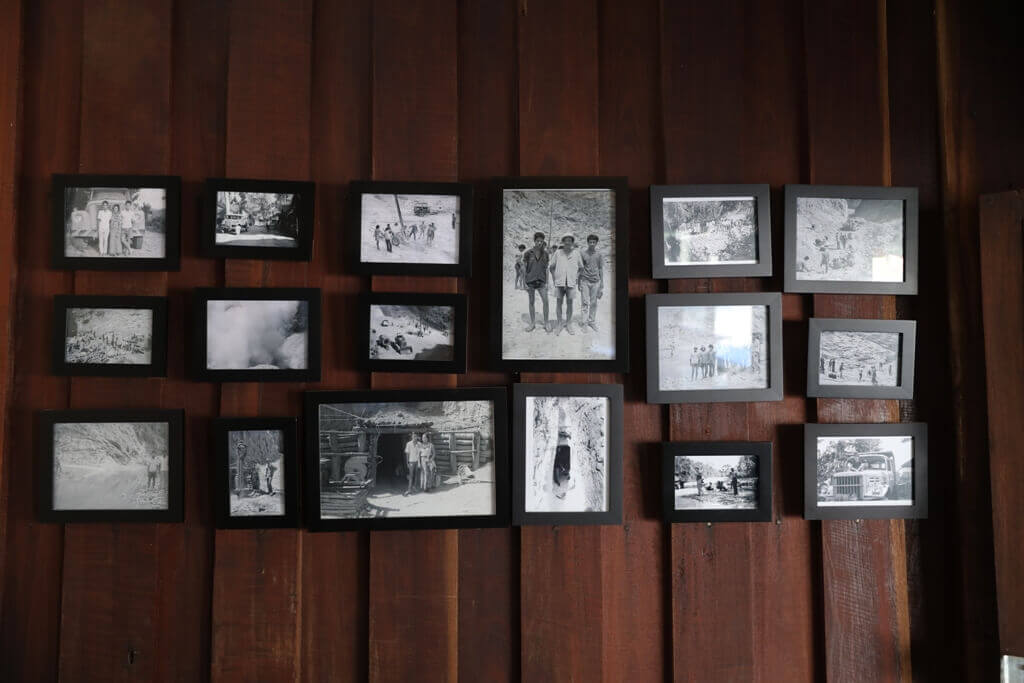
Memories of the days when Nepalis mined tin in Pilok
There are 80,000 Thais of Nepali descent, and the Thai Nepali Association tries to preserve the language and culture through various programs.
"Although it has been several generations since we left Nepal, we have ensured that each generation of Nepalis here stay true to their culture and values," says David Khanal.
Indeed, the Nepalis here value their heritage even if they are third or fourth generation Nepalis who have never been to Nepal. Says Maila Acharya: "We always thought of ourselves as Nepali, no matter where we were situated. We will continue to live as Nepalis, wherever we are."